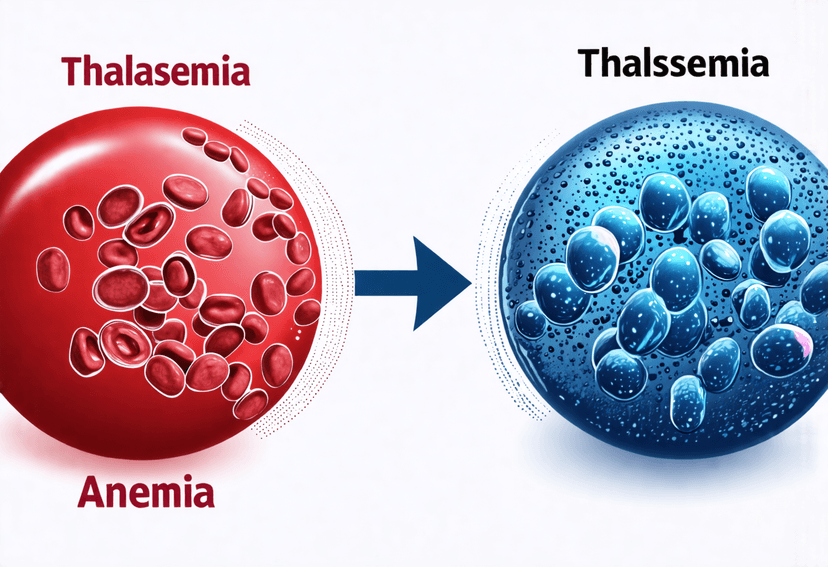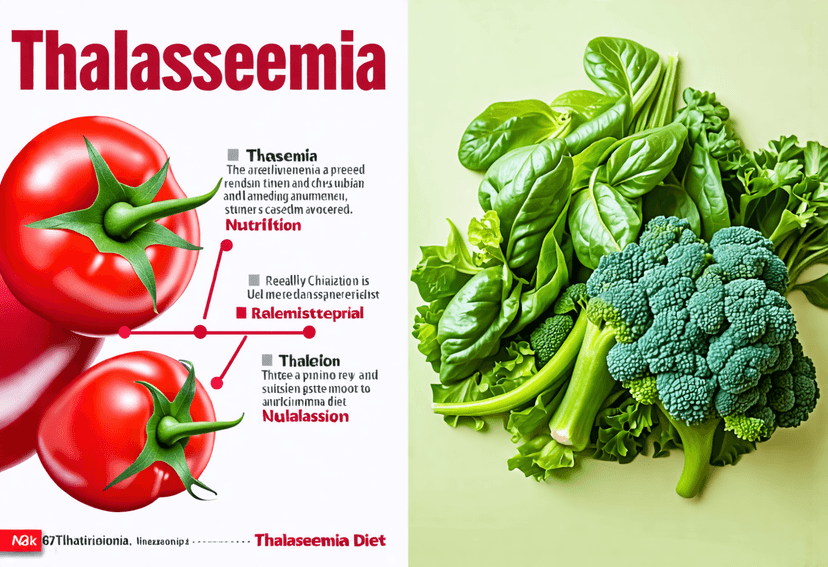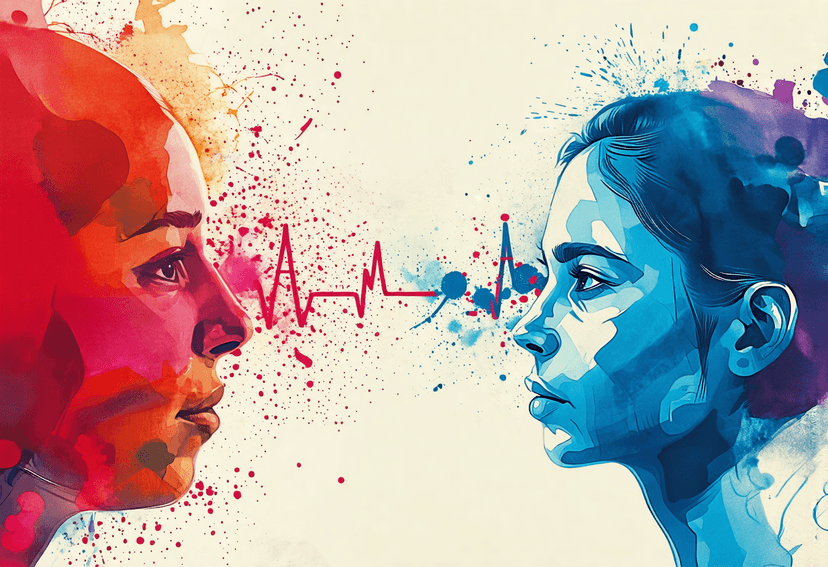
Thalassemia Research and Development
26 Oct, 2024
 Healthtrip
HealthtripImagine a world where a simple genetic disorder can alter the course of your life, forcing you to undergo lifelong medical treatments and constant hospital visits. This is the harsh reality for millions of people worldwide living with thalassemia, a blood disorder that affects the production of hemoglobin, leading to anemia, fatigue, and a plethora of other complications. But what if I told you that there's hope on the horizon? With advancements in medical research and technology, the possibilities for effective treatment and management of thalassemia are expanding, and HealthTrip is at the forefront of this revolution.
The Current State of Thalassemia Treatment
For decades, the primary treatment for thalassemia has been blood transfusions, which can lead to a host of complications, including iron overload, infections, and allergic reactions. While these transfusions can help manage the symptoms, they do not address the root cause of the disorder. Moreover, the need for frequent hospital visits and the emotional toll of living with a chronic condition can take a significant toll on a person's quality of life. It's a vicious cycle that can be overwhelming, to say the least.
Most popular procedures in India
The Role of Stem Cell Transplantation
One of the most promising developments in thalassemia treatment is stem cell transplantation. This procedure involves replacing the faulty stem cells in the bone marrow with healthy ones, allowing the body to produce normal hemoglobin. While this treatment has shown significant promise, it's not without its challenges. The process is complex, and the risks of rejection, graft-versus-host disease, and infection are ever-present. Moreover, finding a suitable donor can be a daunting task, making it inaccessible to many who need it.
However, researchers are working tirelessly to overcome these hurdles, and HealthTrip is committed to providing patients with access to the latest advancements in stem cell transplantation. By leveraging cutting-edge technology and collaborating with leading medical experts, we're pushing the boundaries of what's possible in thalassemia treatment.
Wellness Treatments
Give yourself the time to relax
Lowest Prices Guaranteed!

Lowest Prices Guaranteed!
The Future of Thalassemia Management
So, what does the future hold for thalassemia patients? With the advent of gene editing technologies like CRISPR, the possibility of a cure is becoming increasingly tangible. Imagine a world where a simple genetic test can identify the disorder, and a precise edit can correct the faulty gene, eliminating the need for lifelong treatments. It's a future that's both exhilarating and daunting, but one that holds immense promise.
Personalized Medicine and Gene Therapy
Gene therapy, which involves introducing healthy copies of a gene into a person's cells to replace faulty or missing ones, is another area of research that's gaining momentum. By tailoring treatment to an individual's unique genetic profile, we can move away from the one-size-fits-all approach that has dominated thalassemia treatment for so long. HealthTrip is committed to staying at the forefront of this research, ensuring that patients have access to personalized treatment options that cater to their specific needs.
Moreover, advancements in gene therapy are also paving the way for the development of new treatments that can address the root cause of thalassemia, rather than just its symptoms. Imagine a future where a single treatment can cure the disorder, freeing patients from the burden of lifelong medical interventions.
The Power of Collaboration and Access
The journey to a thalassemia-free world is not one that can be undertaken alone. It requires collaboration, innovation, and a commitment to accessibility. At HealthTrip, we're dedicated to bridging the gap between medical research and patient care, ensuring that the latest advancements in thalassemia treatment are available to those who need them most.
Breaking Down Barriers to Access
One of the most significant challenges in thalassemia treatment is access. Many patients, particularly in developing countries, lack access to basic medical care, let alone cutting-edge treatments. HealthTrip is committed to breaking down these barriers, providing patients with a platform to access the latest advancements in thalassemia treatment, regardless of their geographical location or financial means.
By leveraging technology, collaborating with medical experts, and advocating for policy changes, we can create a world where every person living with thalassemia has access to the care they deserve.
In conclusion, the future of thalassemia treatment is bright, and HealthTrip is proud to be at the forefront of this revolution. By pushing the boundaries of medical research, providing access to cutting-edge treatments, and advocating for patients' rights, we can create a world where living with thalassemia is no longer a life sentence. Instead, it's a manageable condition that can be treated with dignity and compassion.
Related Blogs

Thalassemia Support Groups
Finding support and community for Thalassemia patients and families

Thalassemia and Anemia
The connection between Thalassemia and anemia

Thalassemia Symptoms and Diagnosis
Identifying the symptoms and diagnosing Thalassemia

Thalassemia Diet and Nutrition
The importance of a healthy diet for Thalassemia patients

Thalassemia and Pregnancy
What to expect and how to manage Thalassemia during pregnancy

Living with Thalassemia
Tips and advice for managing Thalassemia on a daily basis










